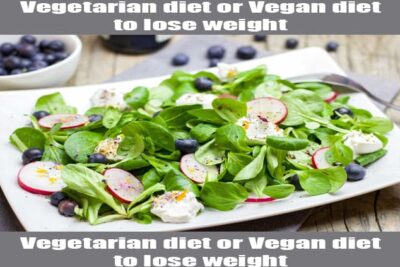
Balanced diet: What is it and what should not be missing?
What is a balanced diet?
Simply put, it's a way of eating that will provide your body with the nutrients it needs to stay healthy and fit. A balanced diet or balanced diet consists of eating foods in the correct proportions, to provide the human body with the proper nutrition it requires. An example of a balanced diet is one in which the majority of carbohydrates found in food are derived from sources that will provide the body with energy rather than being converted to sugar.
A balanced diet consists of starchy foods in the correct proportions. There are two types of carbohydrates, simple carbohydrates and complex carbohydrates. Simple carbohydrates are quickly digested by the body because they contain no calories and therefore cause spikes in blood sugar levels. Examples of simple carbohydrates include breads, pastas, cereals, potatoes, and some fruits. Complex carbohydrates, on the other hand, take longer to digest, resulting in smaller spikes in blood sugar levels and thus resulting in smaller variations in energy levels and reduced deposits. of fat. Some examples of Complex carbohydrates include beans, nuts, legumes, and whole foods like bread and rice.
What should not be missing in a balanced diet?
1. Vitamins and Minerals
Your balanced diet should contain a certain amount of vitamins and minerals. Vitamins are necessary to help carry out certain functions in the body. Vitamin B aids in the absorption of food and minerals, while vitamin C provides antioxidants that can fight disease. Zinc is a necessary mineral that helps to perform the task of strengthening the immune system.
You need to make sure you get enough nutrients from your food so you can stay healthy. Some of the common nutrients that are missing from our diet are vitamins B, C and E. B vitamins are found in liver and vegetables, while calcium is only available in dairy products. You can also get enough calcium from milk and cheese, although eating a lot of fish is also considered beneficial. If you want to have a balanced diet, you need to make sure you eat foods with sufficient amounts of vitamins and minerals.
2. Healthy fats and oils in food
Your diet should also contain healthy fats and oils. For example, olive oil contains good fats that are essential for healthy blood circulation. Sesame oil is rich in vitamin E and linoleic acid which is a good fat. Other healthy oils and fats include sunflower oil and avocado oil. Fish and other shellfish are also recommended, as well as seeds and nuts. Your choices of healthy fats and oils should match the nutrient reference values of the foods you eat.
The fat content in food is very important because it affects the absorption of vitamins and minerals. Fats are essential to ensure that we do not develop heart disease, but excessive fat intake can lead to coronary heart disease. So, in a nutshell, a diet should contain good sources of vitamins and minerals while also avoiding saturated fat. However, fats should not be avoided because they are essential to ensure the functioning of the body.
3. Good sources of carbohydrates and protein
Your balanced diet should also contain good sources of carbohydrates and protein. Good sources of carbohydrates include brown rice, whole-grain breads, pasta, cereals, potatoes, and fruit.
Proteins include beef, chicken, eggs, fish, soybeans, nuts, eggs, lentils, broccoli, corn, and beans. You don't need to completely replace all of these foods, as you can always eat more carbohydrates and protein.
There are some foods that are high in carbohydrates but low in fiber and other nutrients. Examples of these are cookies, cakes, white bread, and pastries. Carbohydrates can provide you with energy, but they do not help in the development of other nutrients needed by the body. It would be better to choose carbohydrates that are complex and provide a good amount of nutrients such as whole grains and vegetables. Complex carbohydrates take longer to break down and are more easily absorbed by the body.

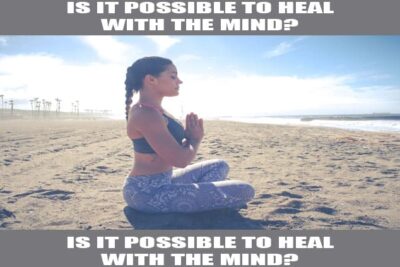
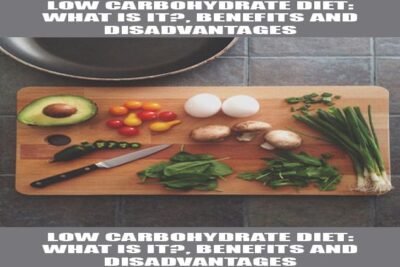


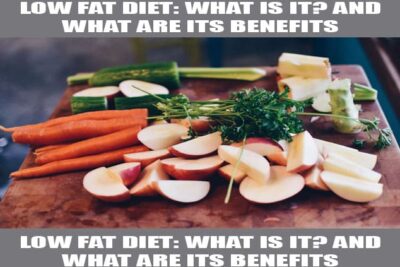

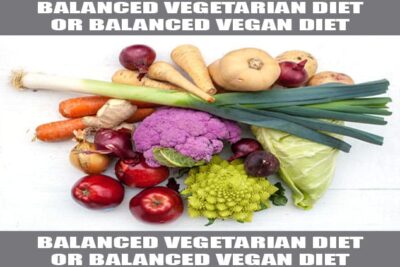
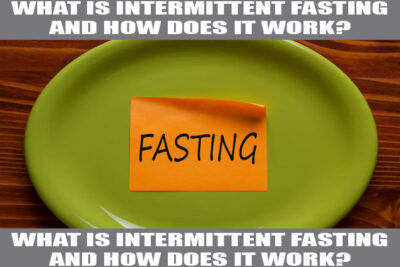
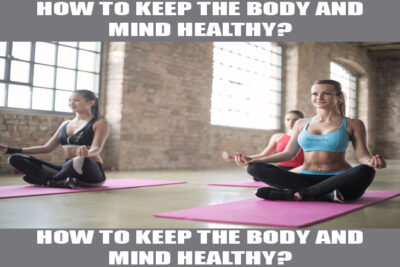
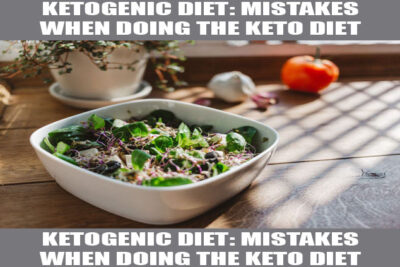
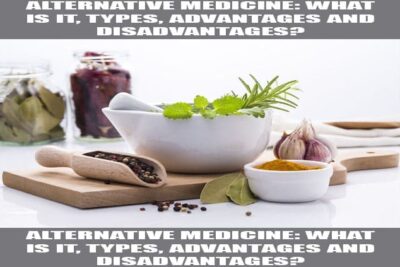
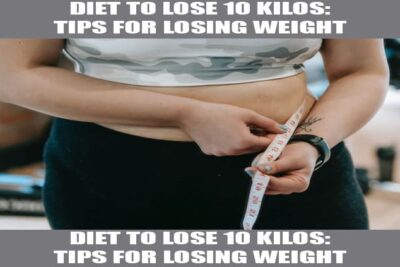
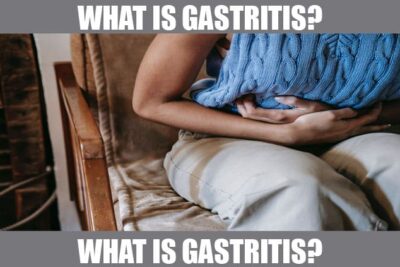
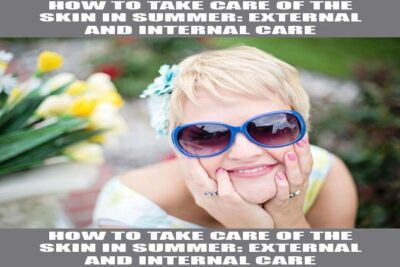

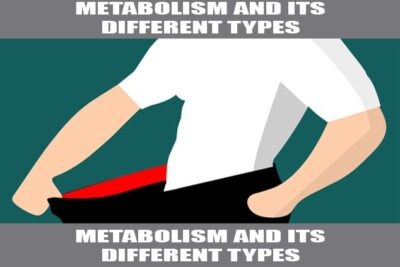

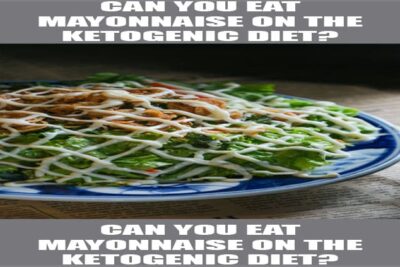
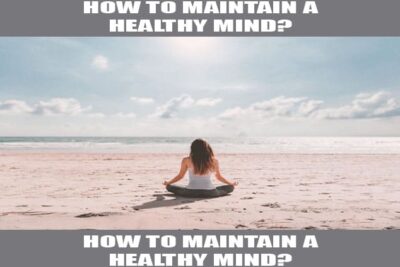
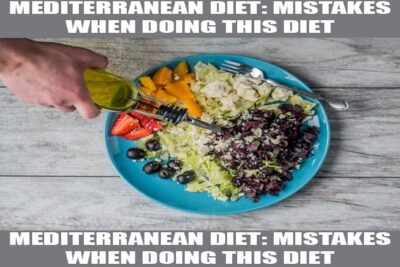
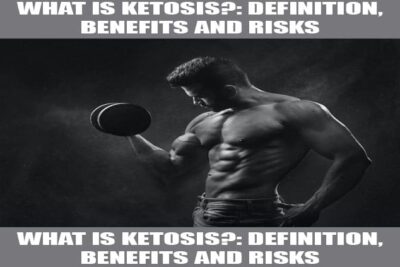
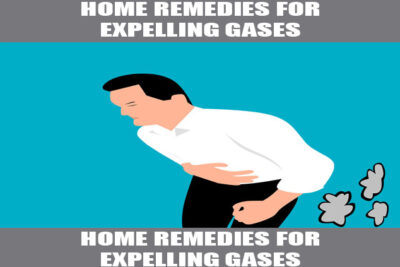

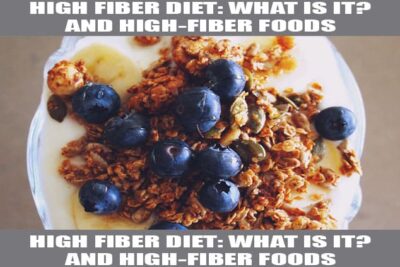




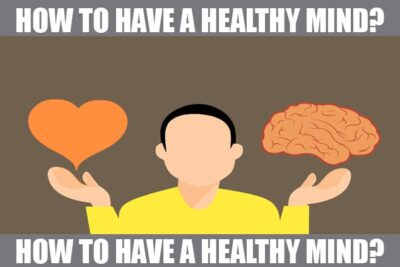
Content that may interest you